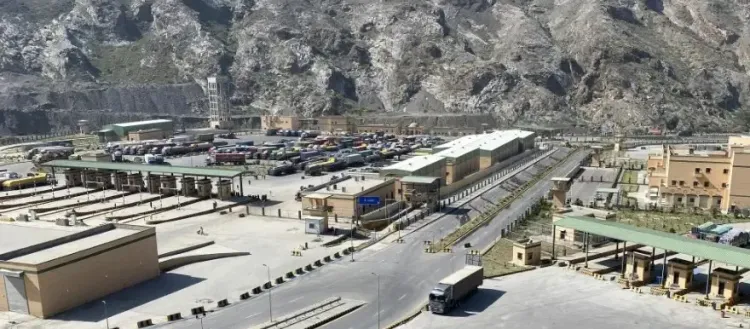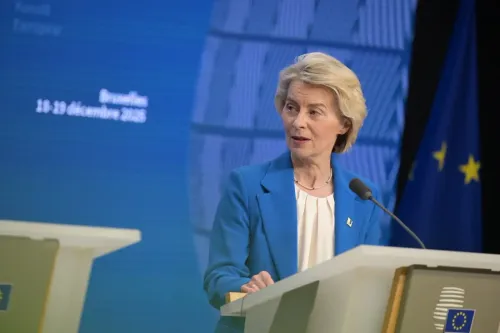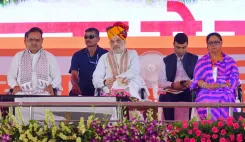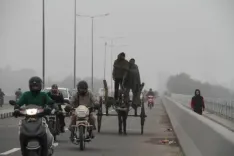What Led to the Recent Heavy Fire Exchange Between Pakistan and Afghan Forces?

Synopsis
Key Takeaways
- Intense clashes erupted early Wednesday between Pakistani and Afghan forces.
- Civilian casualties reported from both sides amid heavy shelling.
- Residents are fleeing their homes due to the violence.
- Accusations of provocation have heightened tensions.
- Urgent need for diplomatic solutions to prevent further escalation.
Kabul, Oct 15 (NationPress) In the early hours of Wednesday, Pakistani and Afghan forces were involved in intense cross-border skirmishes, according to local media outlets, with reports indicating civilian casualties on both sides.
The clashes erupted around 4 a.m. in Spin Boldak, a significant border district linking Afghanistan's Kandahar province and Pakistan's Balochistan region, as reported by Afghanistan-based Khaama Press, citing various sources.
Furthermore, the report highlighted that Pakistani forces shelled residential neighborhoods, leading many civilians to evacuate their homes in fear.
Ali Mohammad Haqmal, the information officer for Spin Boldak district, confirmed to the media that the fighting began early Wednesday, involving both light and heavy weaponry.
Residents in Kandahar took to social media to accuse Pakistan of launching heavy artillery strikes on civilian residences in the region.
This escalation followed a brief confrontation on Tuesday night near Khost province, where Afghan forces and Pakistani border guards exchanged fire along the Durand Line.
No casualties were reported in that earlier incident, according to media sources.
However, Pakistan's state-run media asserted that Afghan forces initiated the gunfire without provocation, prompting a response from Pakistani troops. They also reported that Pakistani forces inflicted damage on several Afghan tanks and border posts during the conflict.
Tensions have been escalating over recent days, particularly after Afghanistan claimed that it had eliminated 58 Pakistani soldiers in retaliatory attacks on various military installations. Pakistan denied these assertions, stating that it had lost 23 soldiers.
The situation has worsened following Pakistan's airstrikes in Kabul and an eastern Afghan market area, further heightening hostilities along the precarious border.










